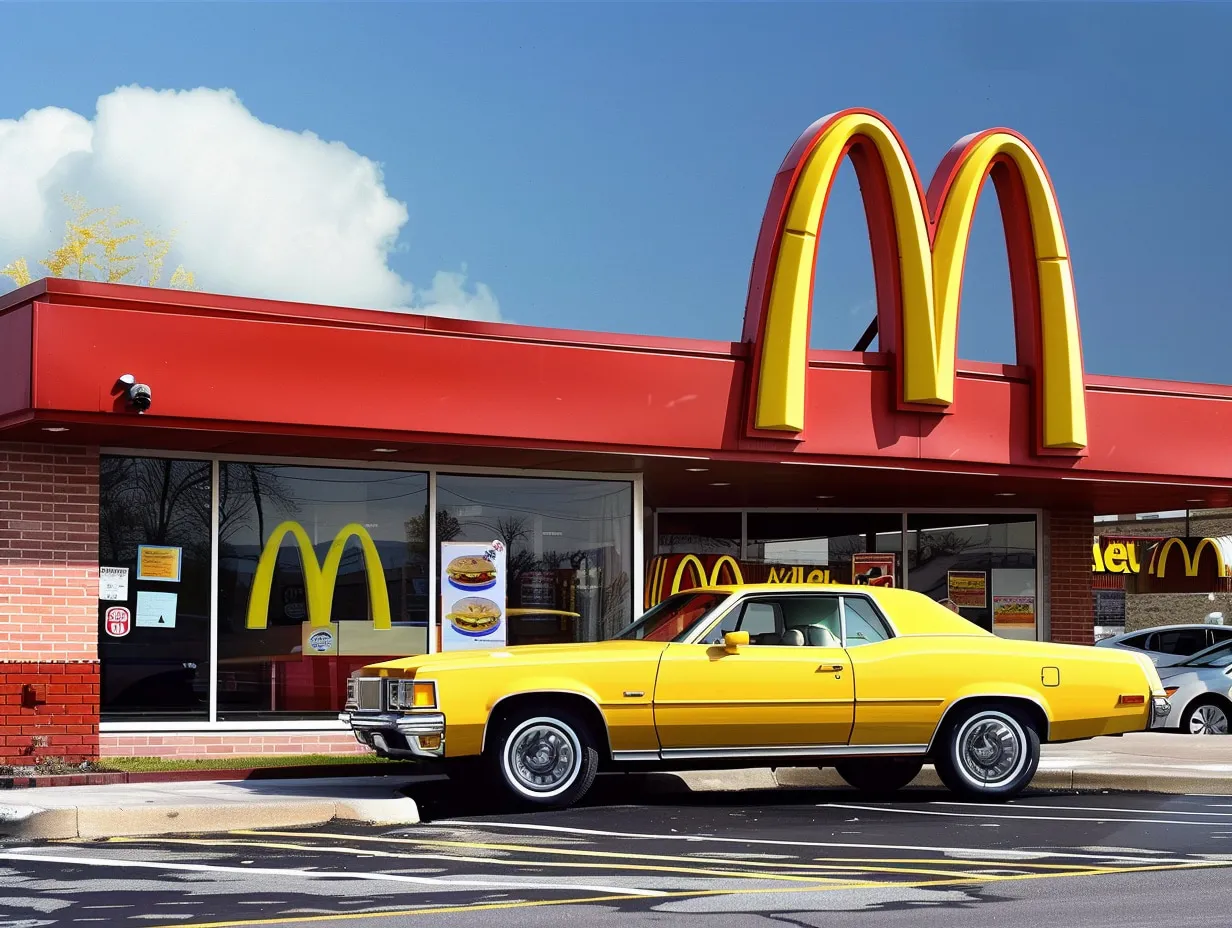McDonald’s is discontinuing the pilot AI project for the drive-thru system with IBM’s assistance. The food service company stated that the Automated Order Taker (AOT) system that was piloted in more than one hundred units will be shut down by July 26. Though the pilot has been effective, McDonald’s plans to explore other voice-ordering options.
Also Read: Deloitte projects $40 billion losses in AI-led fraud by 2027
“While there have been successes to date, we feel there is an opportunity to explore voice ordering solutions more broadly.”
Mason Smoot, chief restaurant officer for McDonald’s USA.
Addressing AI errors and accuracy challenges
Many cases of AI failures were posted on different social networks. People got the wrong orders, like sweet teas, or received unwanted additions like ketchup packs. Nevertheless, McDonald’s said that the aim of the trial was to see if voice ordering could make a difference in the ease of operations for the crew and the experience for the customers.
McDonald's is killing its AI drive thrus because they can't even get simple orders right, yet people are still trying to use this technology in things like education and law and government… https://t.co/EnChOgPziW pic.twitter.com/S75fHN3dOl
— Reid Southen (@Rahll) June 18, 2024
The AI initiative that was rolled out globally in 2021 incorporated both McDonald’s and IBM technologies to enable customers to place orders using voice commands when at the drive-thru. However, the technology struggled with recognizing different accents and dialects which affected order fulfillment. Some of the people familiar with the project pointed out that these issues played a role in the decision to terminate the cooperation.
Also Read: Meta suspend plans to train AI on EU users’ data
The move to cease the AOT project comes in the wake of increased automation in the restaurant business. Some companies, such as Del Taco, Wingstop, and Panera, have started implementing AI in their operations.
Although McDonald’s has suspended the current AI project, the company is still considering using AI in drive-thru in the future. The company confirmed its interest in voice ordering technology as one of the possible features of its restaurants and stressed the importance of further assessments of the scalable options.
“As we move forward, our work with IBM has given us the confidence that a voice ordering solution for drive-thru will be part of our restaurants’ future.”
McDonald
Eyeing new AI partnerships after IBM pullout
McDonald’s has also expressed keen interest in the application of AI for a long time now. In 2019, it bought Apprente, an AI company that specializes in improving the pace of taking orders. In the same year, McDonald’s acquired Dynamic Yield Company, that deals with personalization and decision-making technology, and McDonald’s purchased a 10% share in Plexure, which is a vendor of the McDonald’s application.
Also Read: AI sparks privacy concerns as Apple and Microsoft face backlash
IBM has also disclosed that it is in talks and has pilots with other QSR clients who are also interested in AOT technology. It is worth noting that, in December, McDonald’s announced a collaboration with Google Cloud at an investor day that would use generative AI, cloud, and edge computing to improve the customer experience. Details of the partnership have not been revealed, but Alphabet CEO Sundar Pichai has positive opinions about it.
Establishing McD tech labs for technology initiatives
BTIG analyst Peter Saleh highlighted franchisees’ dissatisfaction with the order taker bot, with the order fulfilment rate being allegedly in the low to mid-eighties. For the technology to be viable, it has to attain at least 95% accuracy and cut down on the costs of operations as opposed to human operated drive-thru. Saleh’s observations reveal that there is a long way to go in terms of enhancing the effectiveness and affordability of AI applications before franchisees approve them.
McDonald’s has also created McD Tech Labs, an internal team focusing on technology innovation for the company. McDonald’s Corporation has declared that they would like to increase their business in Silicon Valley and this they want to achieve by employing more engineers, data scientists, and technocrats.
Cryptopolitan reporting by Brenda Kanana





